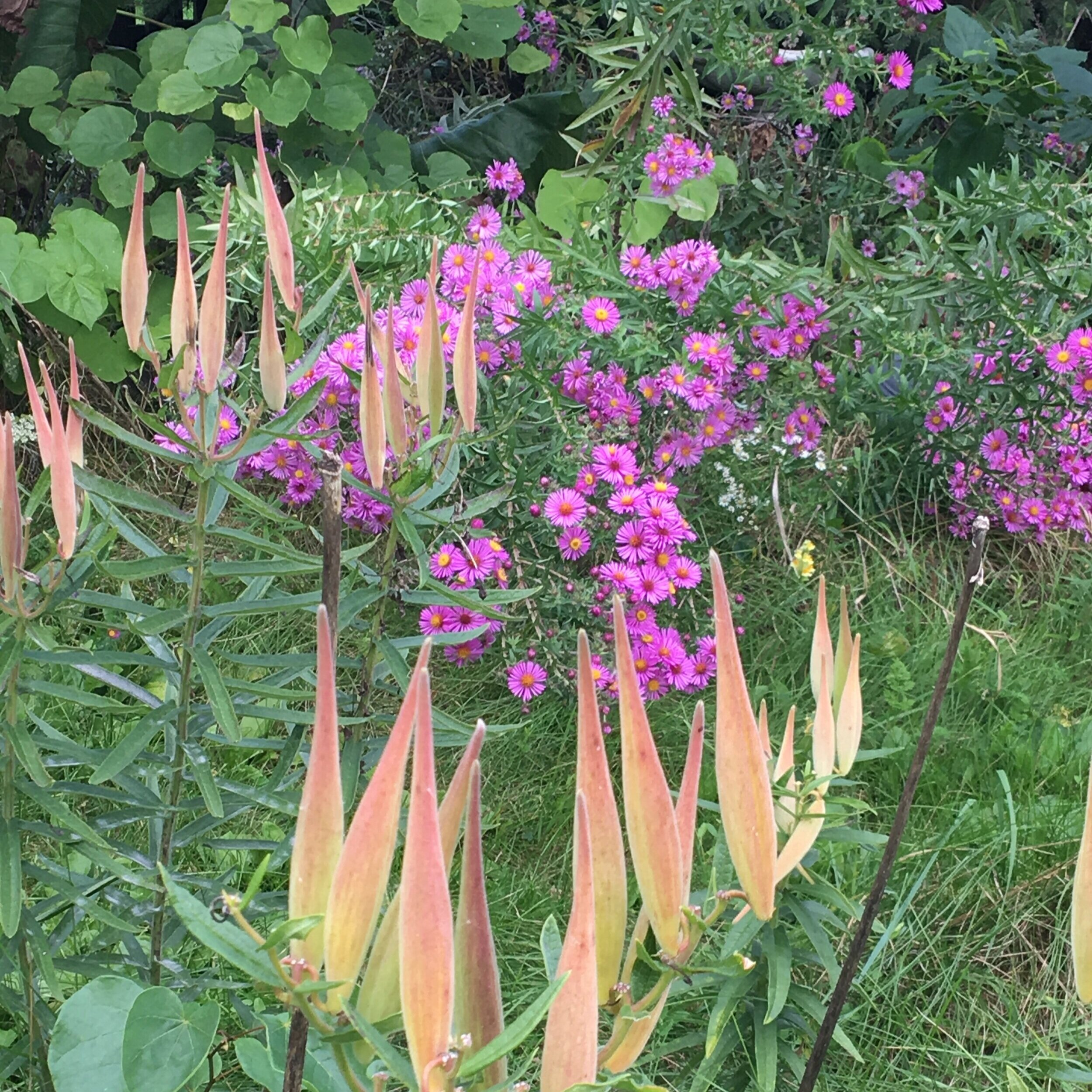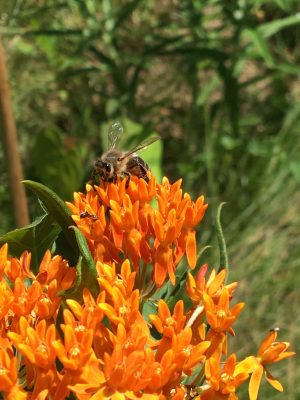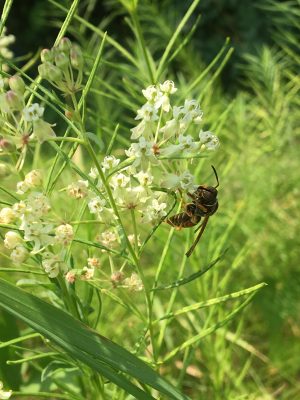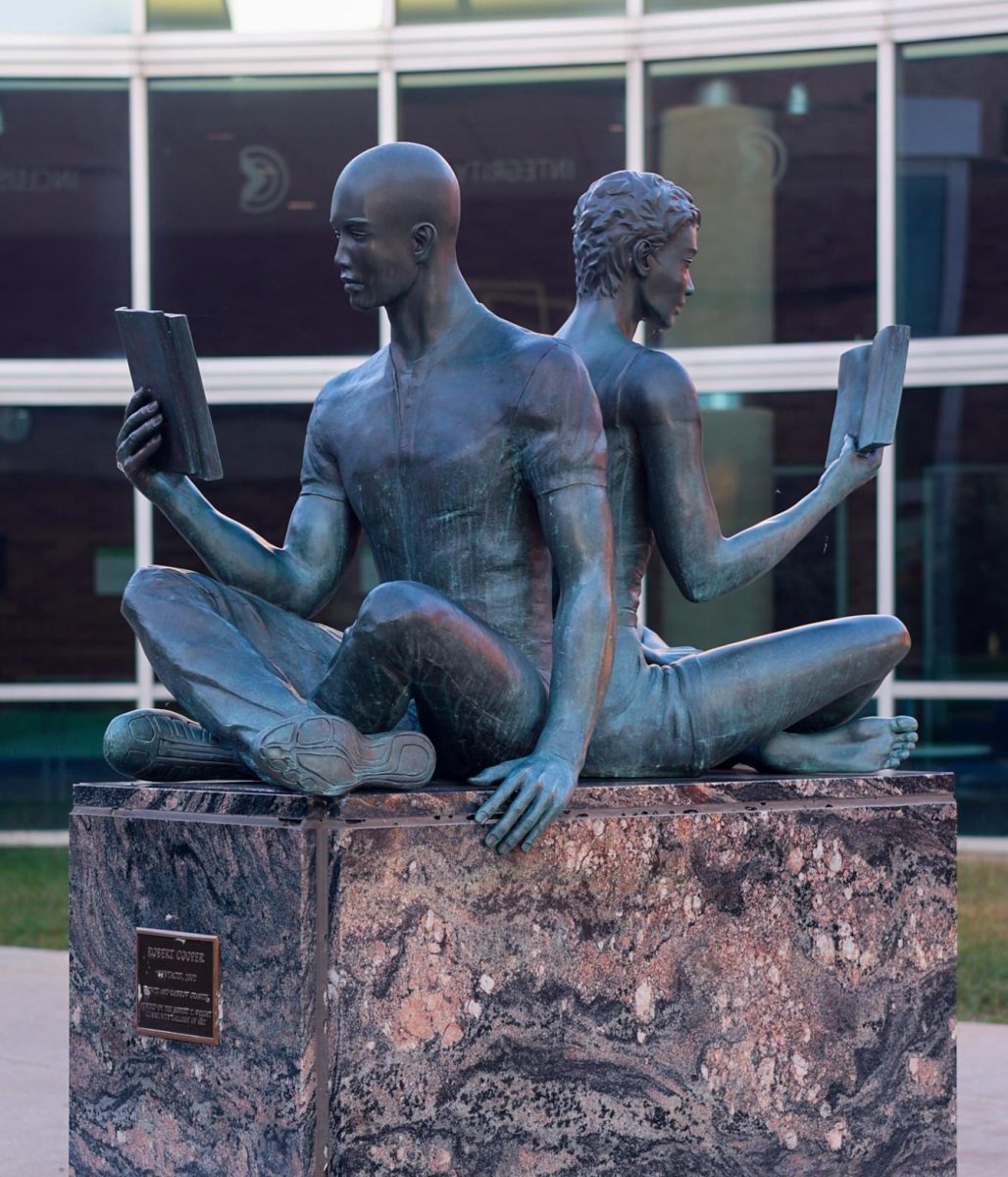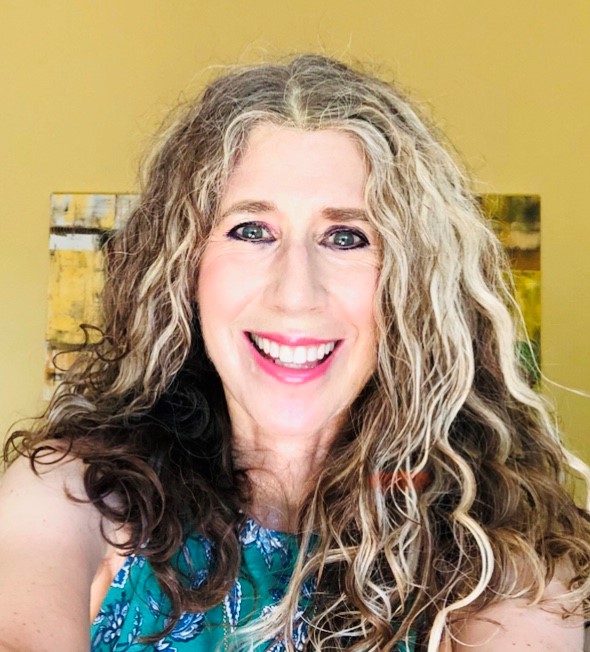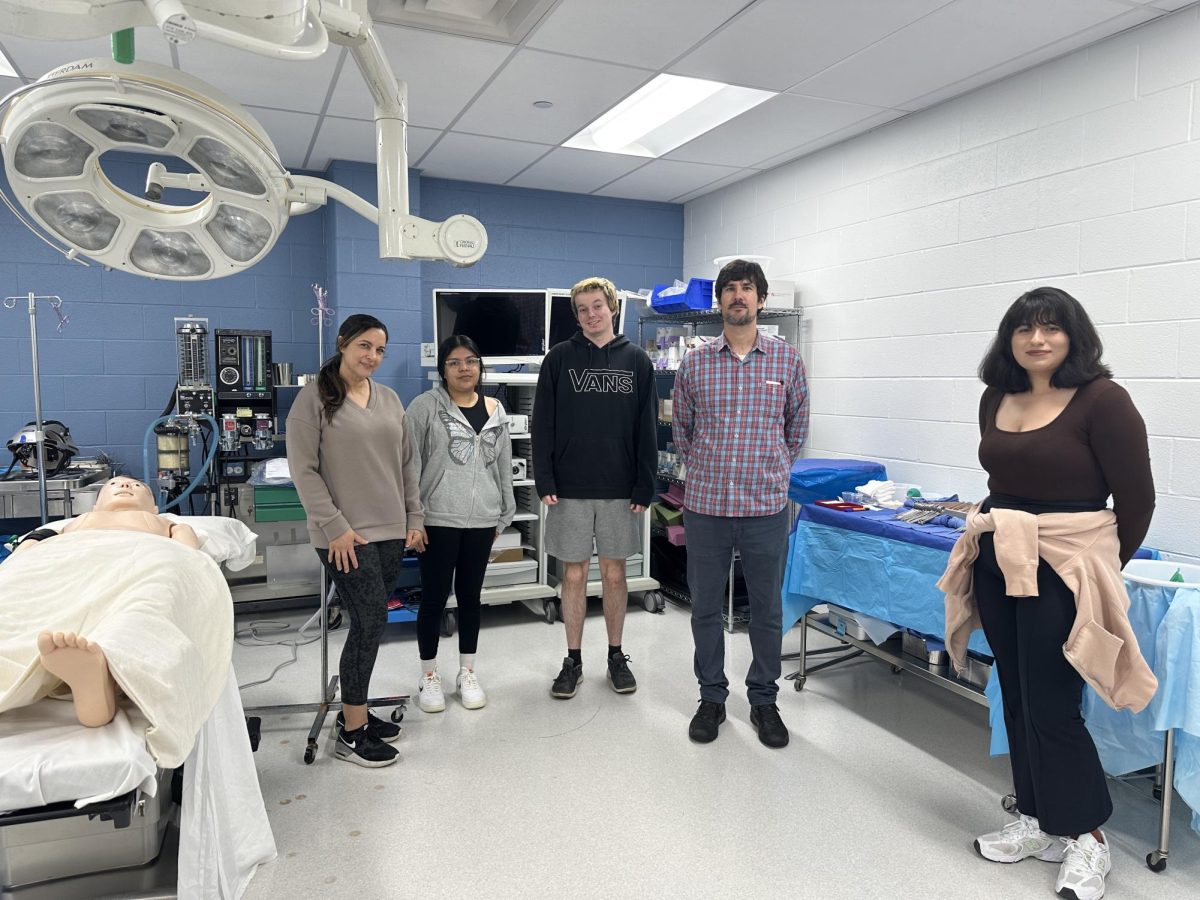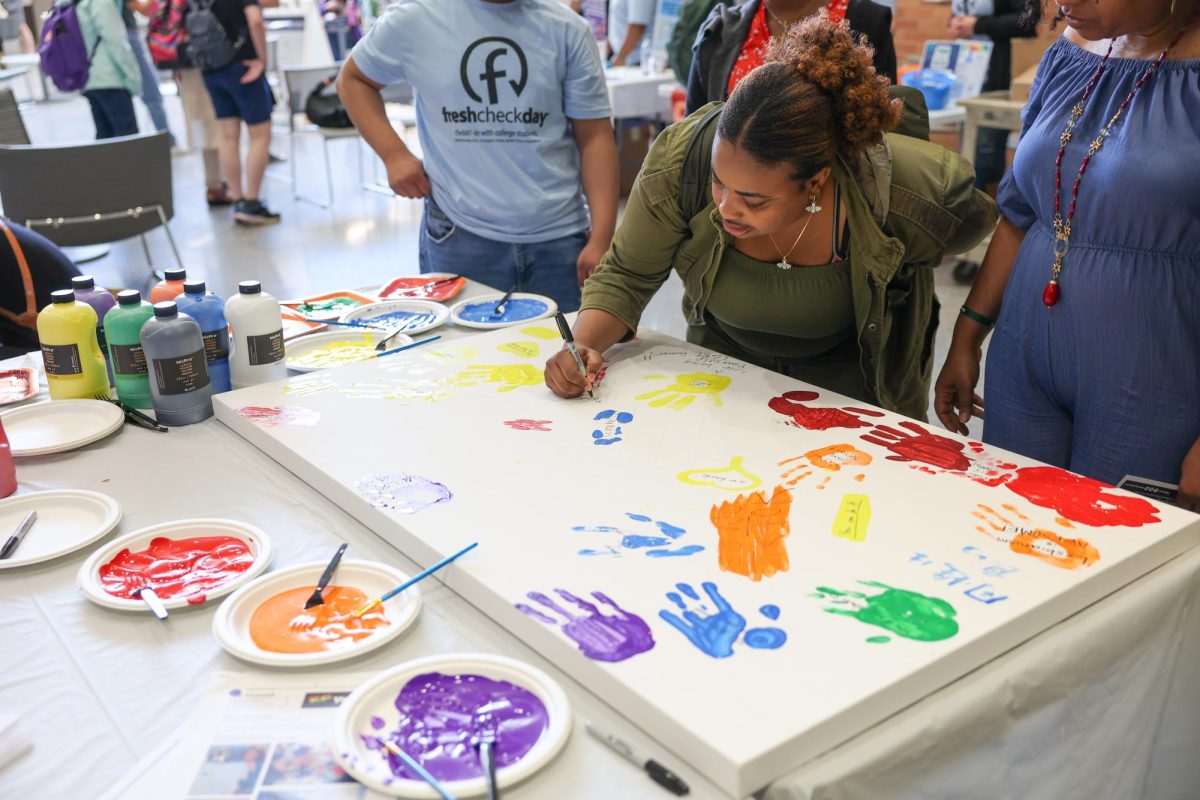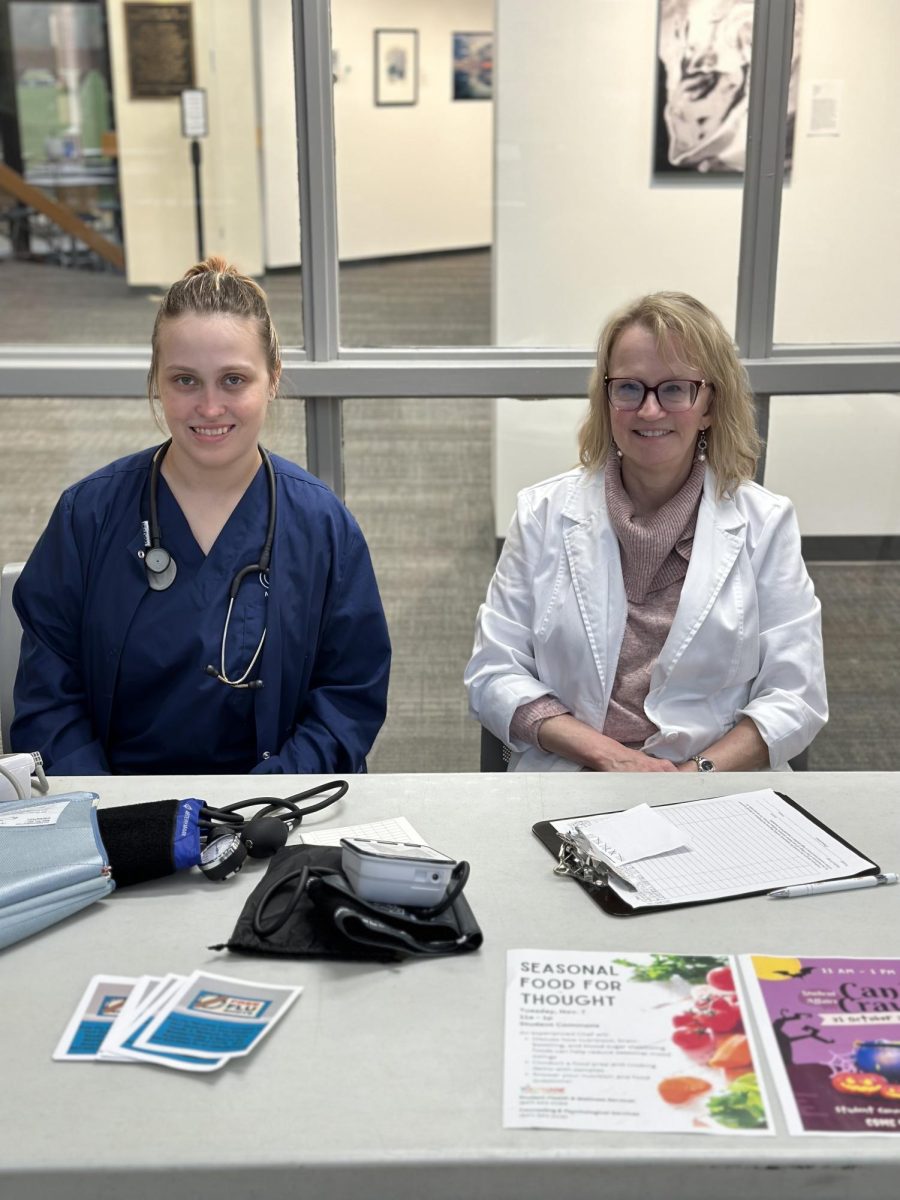During this time we have apart from the normal cycles of society, it’s time to re-examine our relationship to the natural world.
Dr. Kelly Cartwright, a professor at College of Lake County, has studied this relationship for some time.
“My doctoral work involved the examination of psychometric instruments designed to quantify people’s relationships with nature and pro-environmental beliefs and actions.” said Cartwright in an online interview.
Experienced in the dynamics of the human-nature relationship, Cartwright has published multiple works describing and quantifying it through articles and studies.
Through anecdotal evidence gained through interactions with students, Dr. Cartwright turned to the scientific method to study empirically how student’s views changed after becoming more educated on the environment.
This education, Dr. Cartwright proves, is an excellent way to bond students to their surroundings, and caused a higher occurrence of pro-environment behavior in students who participated in the study.
Not only is it empirically provable that this positive relationship of education and positive action/relation to nature occurs, it may be our saving grace during hardship.
In an article for The Butterfly Affect journal, Dr. Cartwright discusses how much value her closest well of natural life was during a trying time.
Confined to her home by an unfortunate injury, Cartwright’s garden became her lifeline, saying “Every day I would hobble outside and sit on the deck, sometimes for hours at a time”.
Image Courtesy of Dr. Kelly Cartwright
This oasis, the fruit of many hours of gardening, was Dr. Cartwright’s peace in the storm, a feeling we should all strive for during the isolating times of COVID-19.
Also within the article, Cartwright discusses how interaction with a garden is an effective wellness tool.
While it might seem like common knowledge that going outside is good for your health, it can be further quantified.
As Cartwright assesses, wellness’s relationship with exposure to nature goes beyond soaking up a bit of sun.
In interview, Dr. Cartwright stated “Humans have an inherent connection to nature and many studies have shown that we are at our best, mentally and physically, when we have access and unstructured time in nature”.
Simply gardening your yard, for example, can build a personal sanctuary for the user while also providing exercise, emotional soothing, and a “tangible outlet to know I am making things better” (Cartwright), to name only a few of the many benefits.
We are, after all, a component of nature ourselves.
This relationship, at times, restructures itself into a duty to the nature we ourselves depend on for our very existence.
Duty to the environment Dr. Cartwright believes can be built “when people realize that their actions have a direct negative impact on other people or animals’ lives”.
Education is of the utmost importance, as Cartwright says “The more people are aware and knowledgeable about a topic the more willing and likely they will be to make personal changes that lead to societal shifts”, these societal shifts are now more urgent than ever.
Image courtesy of Dr. Kelly Cartwright
Connecting to our surroundings as tenants on a complicated, majestic planet is difficult at times.
Without direct, face-to-face encounters with the natural world imbalanced, our interest as a society often dips between dramatic events such as hurricanes or the latest Texas weather disaster.
This waning interest, Dr. Cartwright discusses, should be remedied by a societal shift towards a better understanding of scientific function and literature, connecting us to climate change in a less passive way through education on environmental and other sciences, as well as the scientific process.
During our current battle for human social normalcy against COVID -19, we should learn to exercise and grow our bond with nature in a responsible way to protect the population.
According to Dr. Cartwright, small acts, such as learning about native plants, visiting a forest preserve, or taking a walk around the neighborhood, are all examples of COVID-19 safe activities that build our relationship with nature.
In closing, Dr. Cartwright points out that our empathy can be a driving force for positive change, not just exclusively in ecological areas.
Exercising empathy for our surroundings, even socially, relates us to something beyond ourselves, counteracting the isolation of our current, temporary situation.

